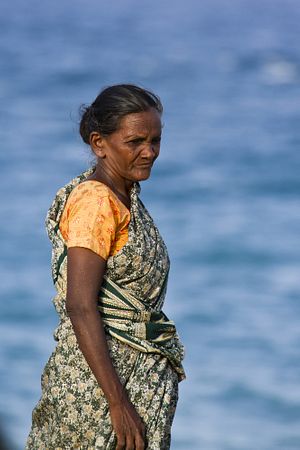The International Truth and Justice Project: Sri Lanka (ITJP) has recently released a new report. “Forgotten: Sri Lanka’s exiled victims” is essential reading for Sri Lanka watchers.
Seventy-five ethnic Tamils were interviewed for the report, 73 percent of whom had been tortured in Sri Lanka. Fifty-four of the interviewees were members of the Liberation Tigers of Tamil Eelam (LTTE), the separatist group that Sri Lankan government forces militarily defeated in May 2009. Interviews were conducted in the United Kingdom, Switzerland, France, and Norway.
This is another really disturbing and well-researched ITJP report that documents appalling abuses which Sri Lankan security personnel have committed against Tamils: torture, rape, abduction, discrimination, death, and more. It captures both violations that occurred during the end of the war and the post-war period. But it’s also a useful and timely transitional justice consultation.
There are numerous quotes from victims too, as well as a thoughtful analytical section and a range of recommendations. A small part of it – written by a Freedom from Torture consultant – mentions the various challenges that exiled Sri Lankan Tamils face in the United Kingdom.
They may have thought that after having escaped a very dangerous situation in Sri Lanka they would feel safe and welcome here in the U.K. The opposite can often sadly be the case for those attempting to apply for asylum. Interviews by Home Office officials and harrowing Tribunal hearings can make torture survivors from Sri Lanka and elsewhere feel unwanted and disbelieved.
The UN Human Rights Council’s (HRC) 32nd session will begin on June 13 and Sri Lanka will feature prominently in the HRC’s deliberations this month. Sadly, the situation in Sri Lanka’s Tamil-dominated north and east is still dreary. In spite of the unexpected transfer of power in January 2015, the persecution of Tamils has continued. More broadly, Sri Lanka’s compliance with the October 2015 HRC resolution (which Colombo even co-sponsored) leaves plenty to be desired. The coalition government needs to do much more – and soon.

































